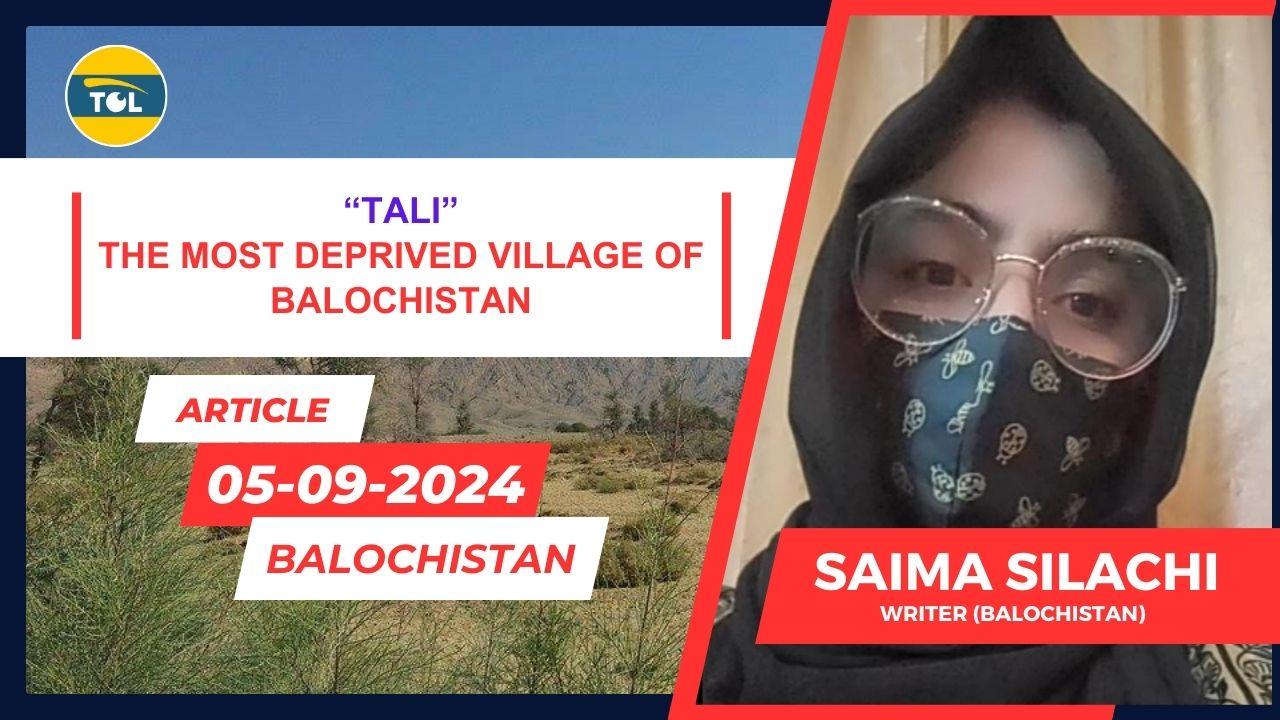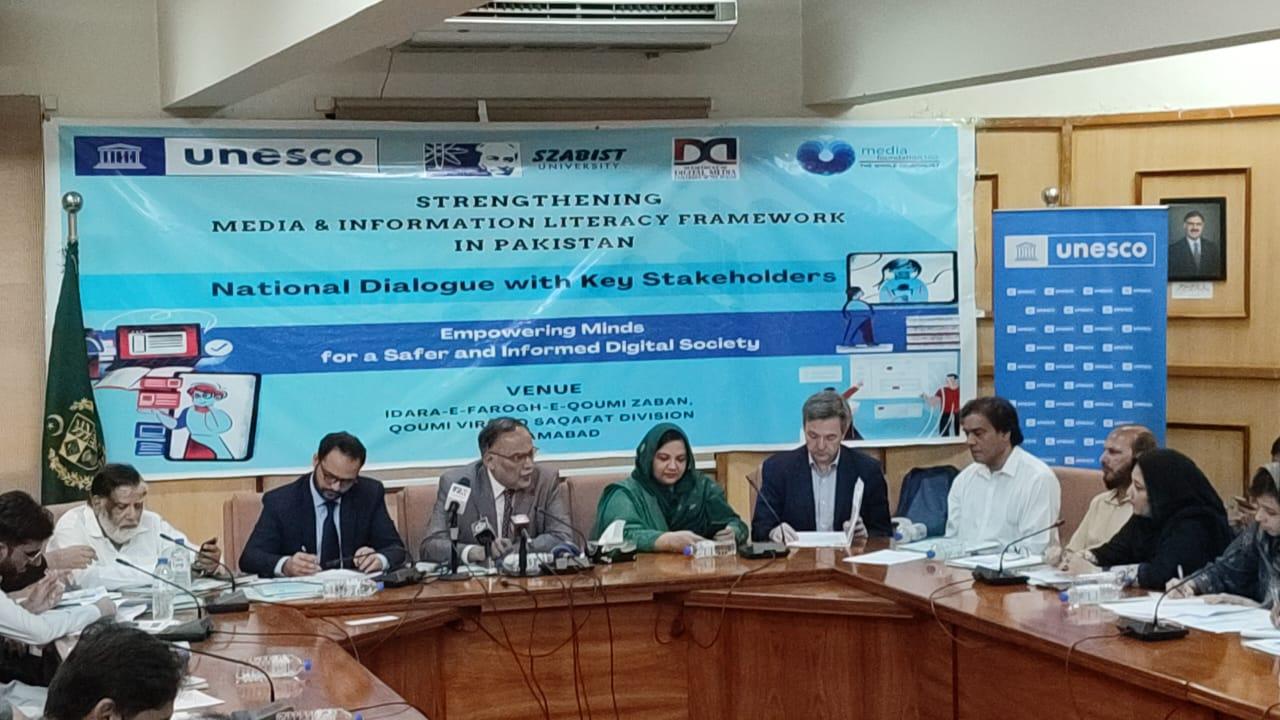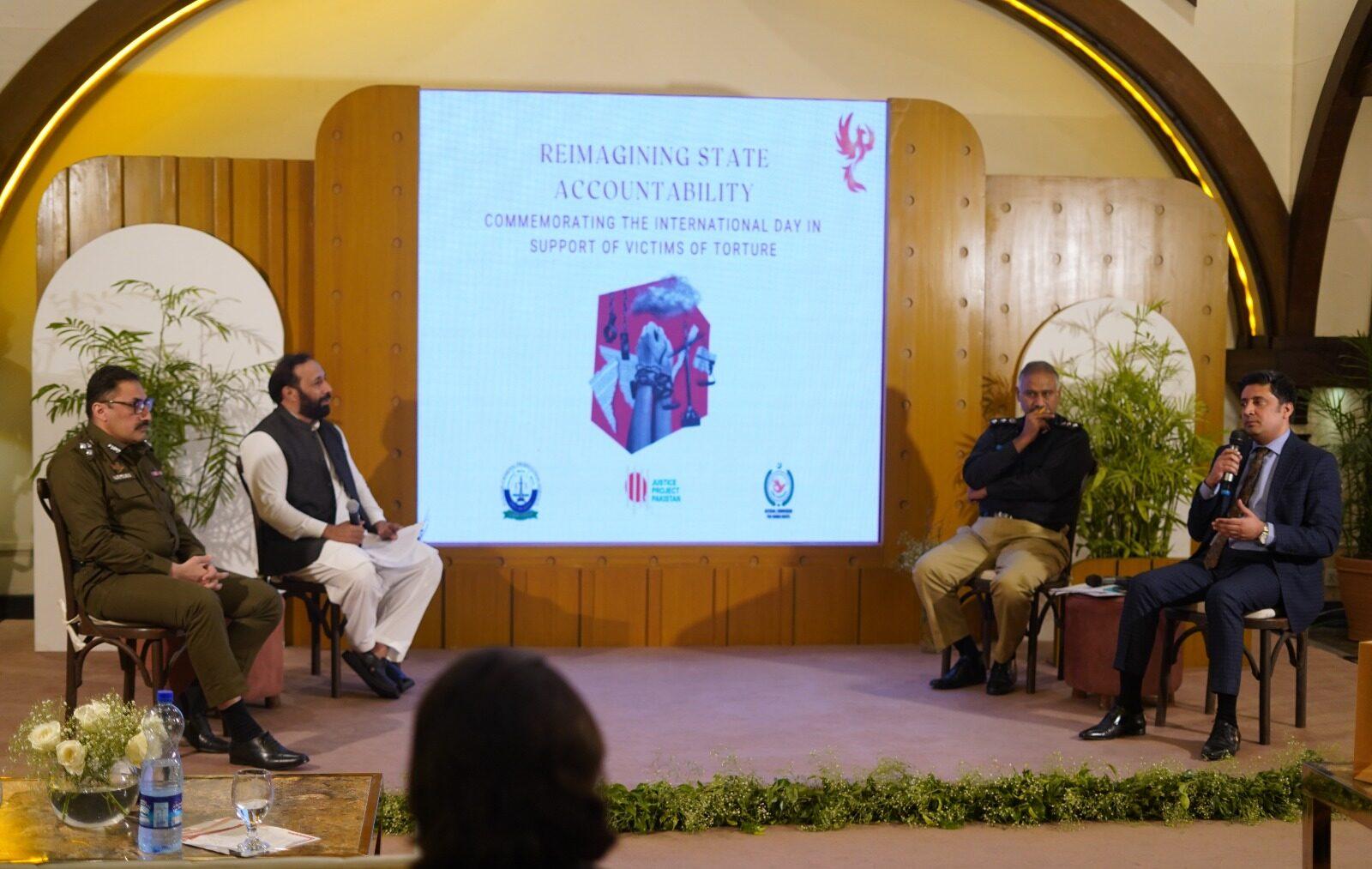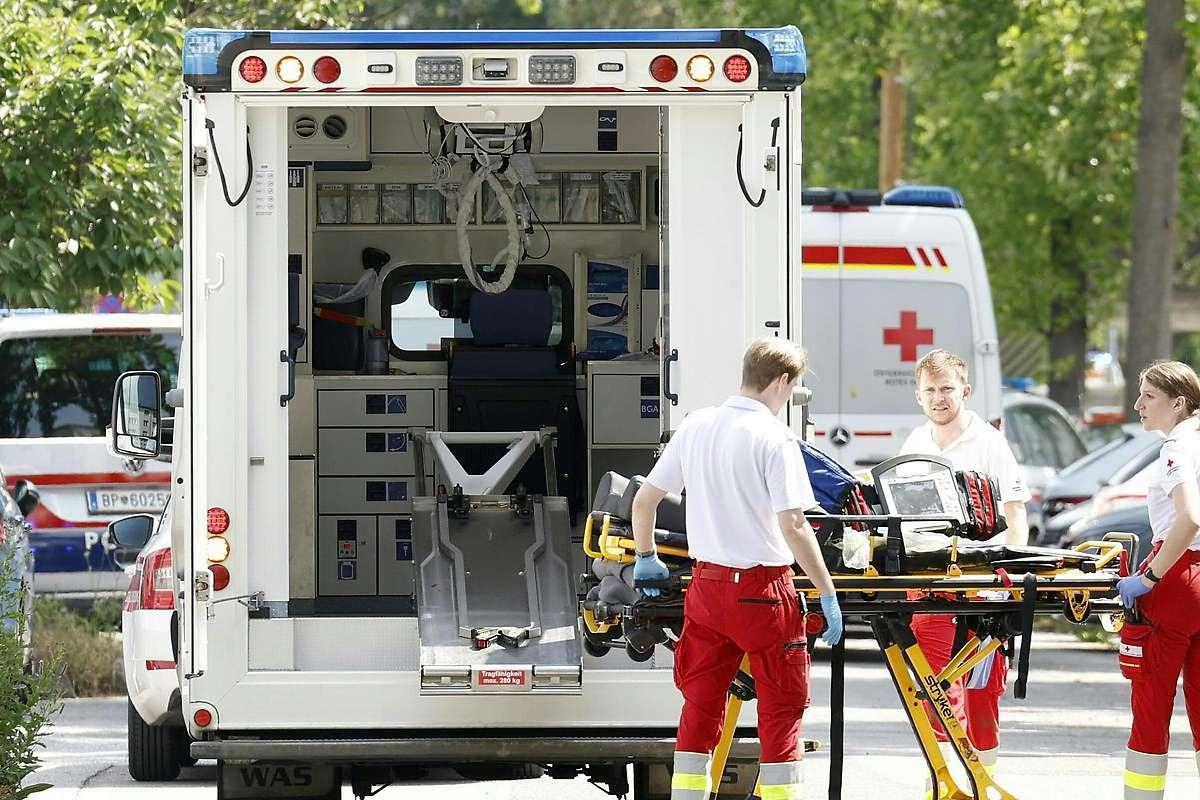Tali, a village in Balochistan, situated approximately 26 kilometers from Sibi. It can serve a key connection between Balochistan and Punjab, as Punjab region begins just beyond this area. Tali is the largest village in Balochistan in terms of area encompassing various smaller villages. It holds a significant economic potential, particularly due to its large-scale wheat production, which can contribute greatly to the economy of the city and province. Despite being the largest village in the region, Tali has been neglected for decades when it comes to modern comforts and resources, basic necessities such as education, water, gas and healthcare have not been provided.
However, the education system in the region is in a severely deteriorated state due to the lack of attention from authorities. Because of its large population and area, Tali should have at least one college for students, but unfortunately, there is no college available—neither for boys nor for girls. The only educational institution is a high school, which is consistently in poor condition. The shortage of teachers and resources further worsens the state of education system in a region and left schools nearly in non-functional state. The issue of teachers unpunctuality worsens the already poor state of education, and a major factor behind this is the inadequate transportation system. With no reliable means of transport, teachers face difficulties in reaching their workplaces on time, making it hard for them to maintain regular attendance.
Moreover, water scarcity has long been a major challenge for the villagers, significantly impacting their daily lives. Villages are being known for their greenery but the severe lack of water has left Tali almost barren. It is greenery that enhances the beauty of the region or reduces the intense summer heat. The struggle for water is so critical that people find it difficult even to meet their basic needs for drinking and daily use, making the idea of maintaining green spaces nearly impossible. Water scarcity also leads to serious hygiene issues, as people are unable to wash themselves or essential items due to the lack of water. This lack of hygiene can lead to the spread of diseases, especially in young children. Additionally, dirty environment can spread infections faster, making the situation even worse for masses already struggling with water shortage.
Besides this, the healthcare system is in poor shape. The village has just one small dispensary with no doctors, and it lacks essential medical supplies and equipment. People often have to travel to Sibi to get basic treatment. There are no emergency services, and routine check-ups, leaving many people without the care they need or deserve. Compared to villages in other provinces, especially in Punjab, Tali doesn’t have the same basic services. Smaller villages in Punjab often have colleges, hospitals, and good transport, but Tali lacks these. This indeed is a big problem because Tali is 26 kilometers from the nearest city, and in emergencies, the poor transport system makes it hard for people to reach the hospital in time, putting lives in danger.
The challenges facing Tali are intensifying over time. As the largest village in the region, it should have been granted the status of a tehsil, which would provide it with vital public representatives such as a tehsildar and an Assistant Commissioner. These officials could address the community’s issues more promptly and effectively. The primary reason for Tali’s worsening situation is the absence of true leadership. Without strong local leaders who understand the needs of the people, the area continues to suffer from ongoing problems. If the situation doesn’t change, there’s no doubt that Tali will face even more challenging and disadvantaged conditions. Thus, in order to bring peace, prosperity, and improved living conditions, Tali urgently requires a dedicated and capable leader who can advocate for the people and ensure that their basic needs are met.







